Sunday Supplement: trees, mental health, Alistair Campbell and more
Pour yourself a drink, find a quite corner, and enjoy this selection of interesting reading, listening and viewing from around the web.
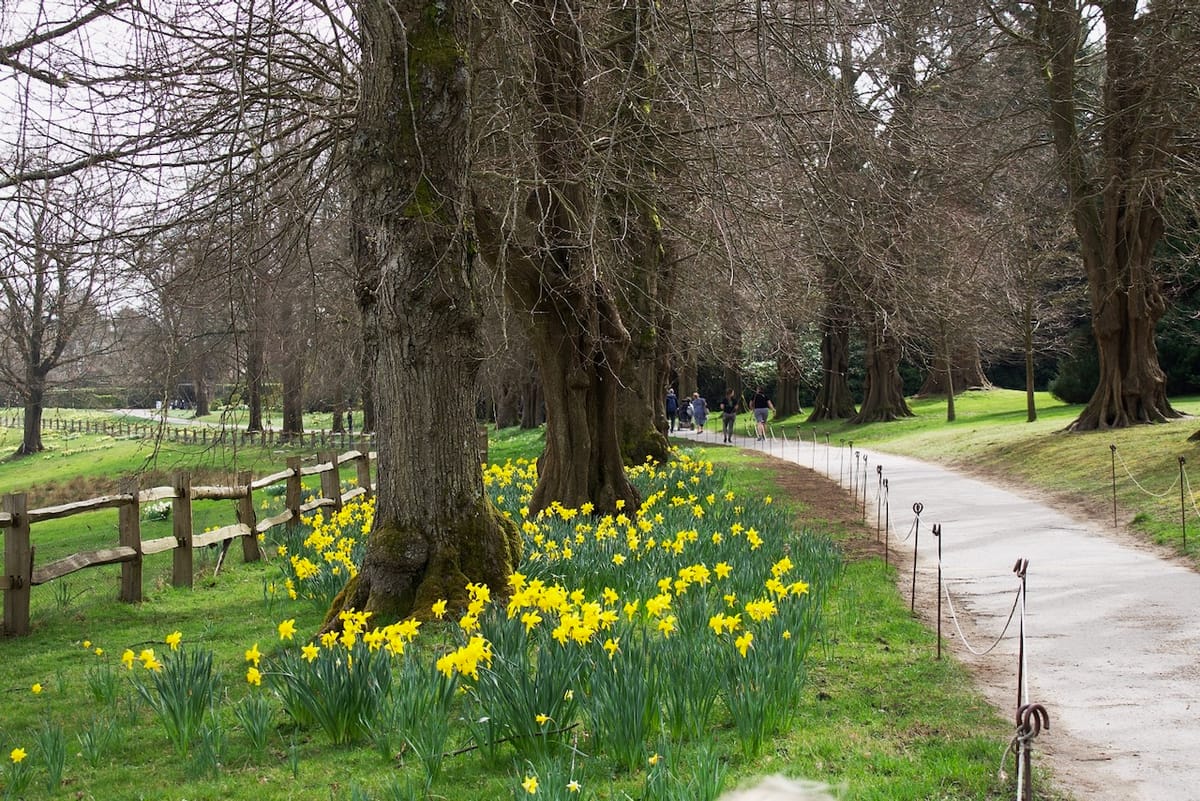
Campbell, mental health and trees
Three things I didn't expect to find combined in one podcast: Alistair Campbell, metal health and the Woodland Trust. And yet, here we are, because the latest Woodland Walks podcast combines all three. I can't help wondering if someone who is so very online as Campbell, yet who struggles with his mental health, is being impacted by the sheer volume of negativity he experiences on Twitter.
I am very much here for this sort of discussion: I have noted both the deleterious effect on my own mental health of Twitter during the pandemic (although the worst experience I had was actually on Facebook, which I probably should write about at some point), and the profound benefit time in nature has for me.
Worth a listen: Apple Podcasts ⎢ Spotify ⎢ Google Podcasts
Performative Authenticity
It's perhaps the easiest and least insightful charge to throw at Instagram influencers that they are performing authenticity rather than living it.
Yet, at heart, humans are still animals and we still perform for key reasons — status, reproduction — naturally. Psyche has taken an interesting deep dive on what's driving these behaviours, that will be of interest to anyone who has to intersect with social media in their job:
Performative authenticity is tied to economic success and social prestige, which means – and this is a further paradoxical feature – that your specialness and self-realisation have to be performed. In order for people to distinguish themselves, they must seek attention and visibility, and positively affect others with their self-representations, personal characteristics and quality of life. In doing so, they have to take great care that their performance isn’t perceived as staged. To be ‘authentic’ – genuine – they have to give the impression that they’re just being themselves. The effort has to appear effortless, otherwise it will backfire.
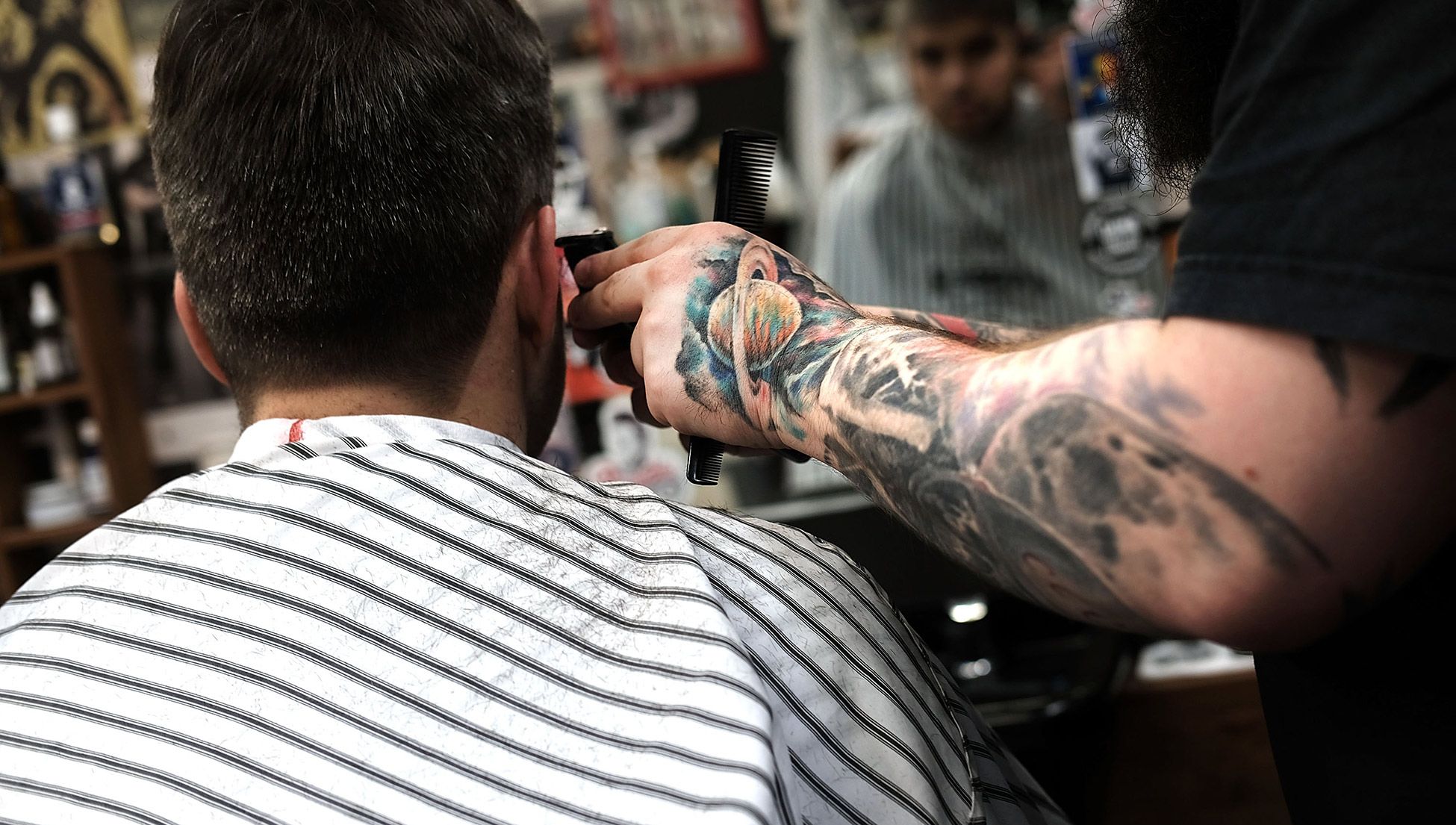
20 classic novel that were brutalised by critics on their first release. Gives me hope people will finally appreciate my work when I'm gone. 😉
Antony Mayfield's rather good newsletter Antonym hasn't arrived yet today. Maybe if you subscribe, it'll encourage him to get on it.
The problem with online “debates”
Interesting piece from Tom Chivers about the fact that so many online discussions seem trapped in an endless loop of hellish disagreement: in many cases there're not actually talking about the same thing. “Cancel culture” is a good example of this: as a phrase it's so vague and used in so many different ways that it's not longer possible to have a useful discussion about the behaviours that people lump together under its label once the label itself is used.
As Chivers puts it:
It’s as though we’ve decided to argue at length over whether, say, tables are real — only for one participant in the debate to define a “table” as “a glowing green icosahedron, 30 metres on each side, levitating mysteriously above the Bay of Biscay”, and then explain why there is “zero evidence” tables exist.
(with apologies to Martin for linking to “the cow site”)

A great rule of thumb for Twitter
The above link came from Ian Leslie's newsletter The Ruffian. The same issue contains this gem about how to assess which scientists will deliver the most value on Twitter:
This is where Twitter, for all its flaws, comes into its own, if you’re doing it right. After a while, you can work out, not just who the real experts are, but who are the experts who can actually think, who aren’t beholden to an ideology or narrative or to celebrity; who get their deepest satisfaction from seeing things clearly. I acquired a rule of thumb: the scientists who get the most followers and retweets are the ones I trust least.
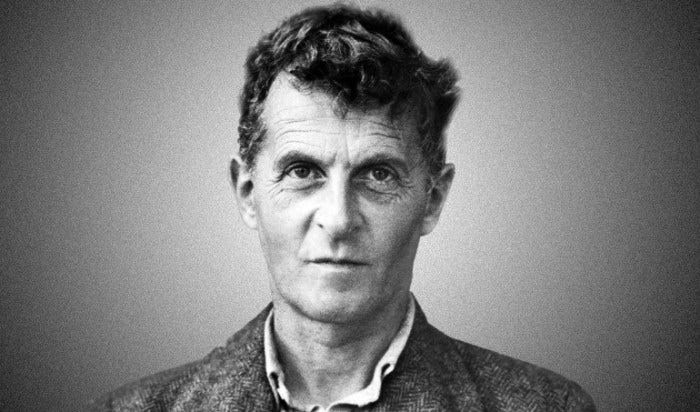
It occurs to me that a desire for interesting, cogent debate online — and the sheer difficulty of achieving it — have been an underlying theme in my work for the last little while.
I am so very desperate to start meeting and talking with people in person again, but I'm still (just) too young for the jab…
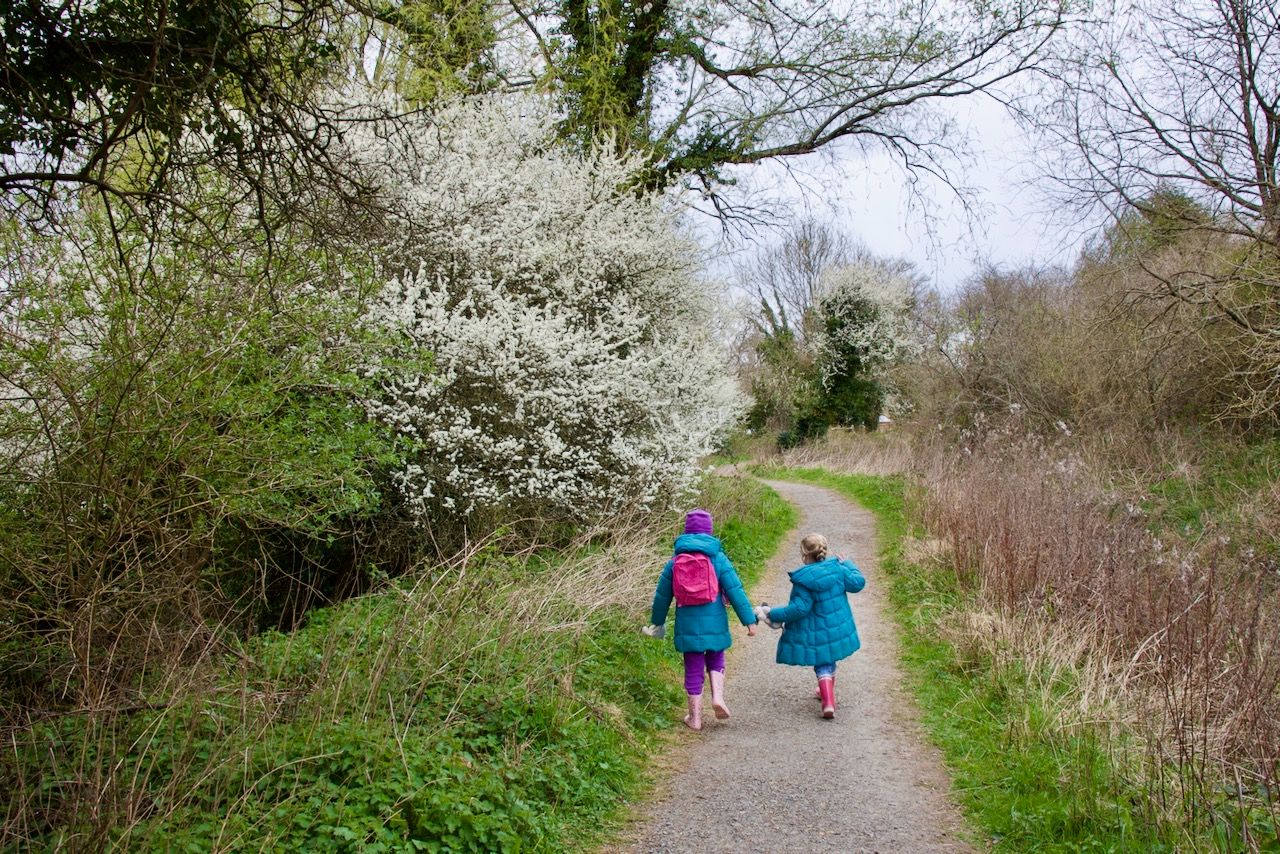
When social media comes after you with torches and pitchforks
20 years ago, I would probably have loved to be internet famous. Now, I can't think of anything worse. One misstep, one poorly considered tweet — and you're on their radar. The people who have a poor sense of proportional response. The hateful ones.
This account of experiencing the worst of that is chilling:
Here’s what it feels like. You can turn your phone off. Your internet off. But you cannot escape. If the door knocks, you freeze. If a man on the street stares at you too long, your throat swells with fear and you wonder if you can kick him hard enough to get away. At the grocery store a man smiles and you wonder if he’s being nice or if he’s the plumber in town who wrote you an email about his dick. A lady says “hi” at the bookstore and is she the one who emailed to call you a “slut” because of the outfit you wore on television one time?
The worst of it? Sometimes the only “crime” they've committed is possessing an opinion while female or black.
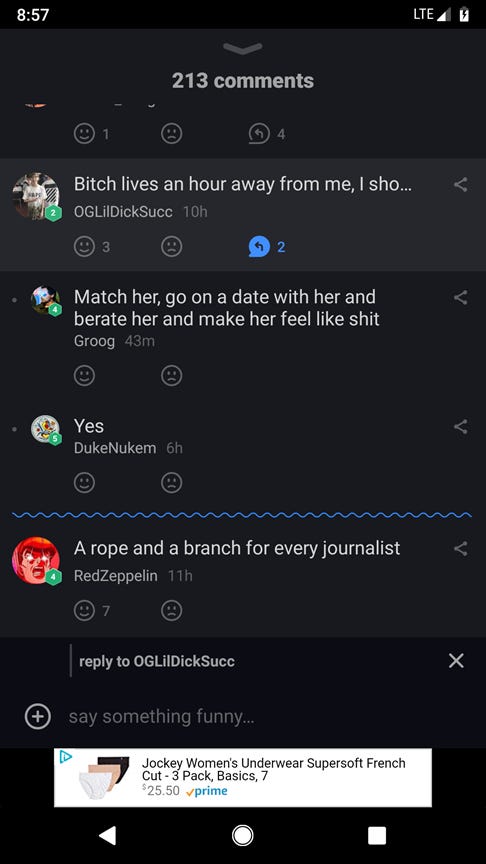
Emergent brand-supported media
I'm working on a long piece on what I'm calling “journalistic negative space”, which is a typically pretentious way of thinking about opportunities for journalism in spaces we don't normally think about.
One of the interesting side-effects of my growing biophilia and desire to spend time in nature is realising just how much good media is being supported by the outdoors brands. In the absence of traditional media providing the kind of content people want, an alliance of bloggers, filmmakers and Instagram community builders is filling the space.
This is a lovely wee short film supported by a non-alcoholic spirits brand:
Freelancers and pandemic mental health
And then there's this compelling story of a freelance photographer's battle with mental health during the lockdown, which I found via the blog of outdoor clothing brand Finisterre:
I seem to have done that classic feature-writing thing of starting with an issue — mental health — and coming back to it in my conclusion.
I hope you're been able to take some time for your own mental health this weekend.
Thanks for reading.









